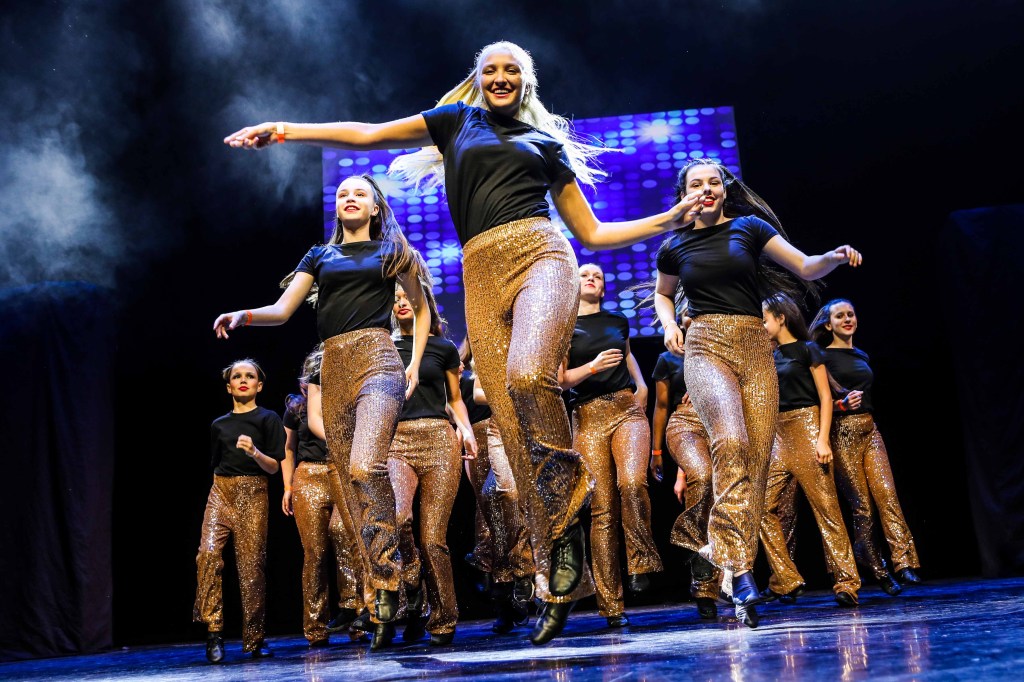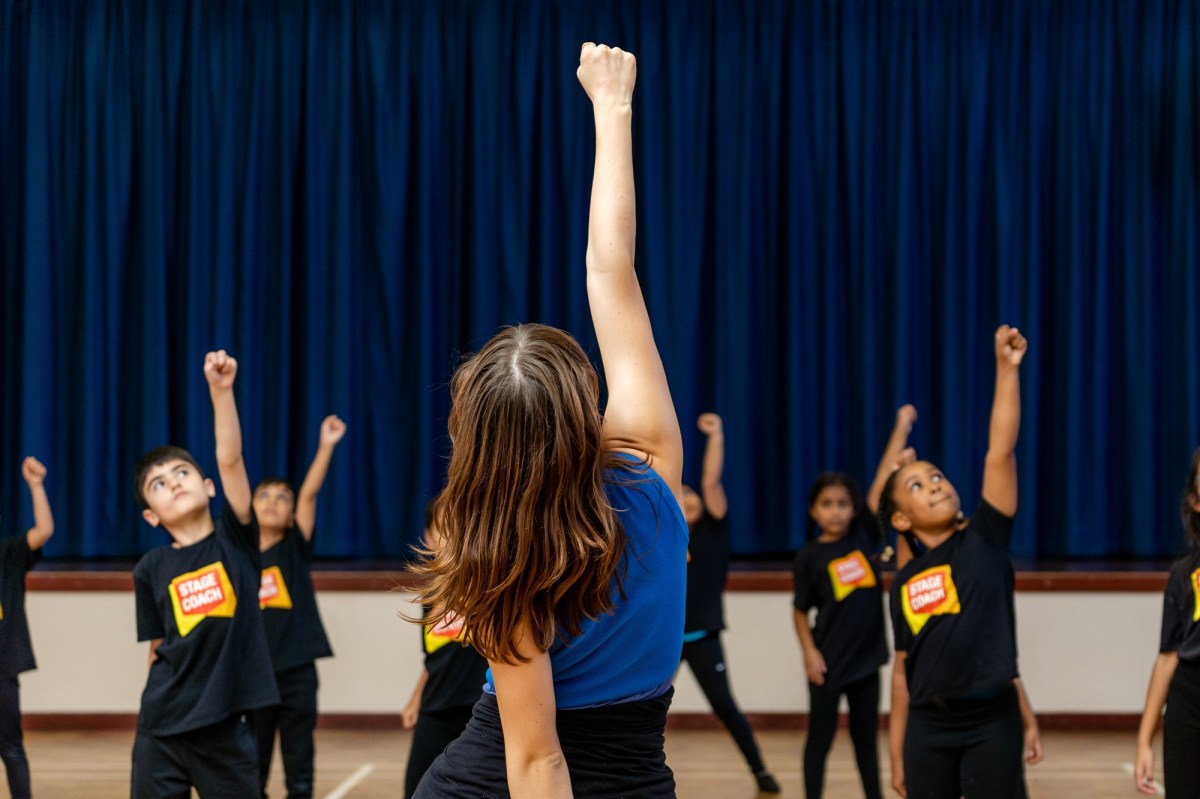The creative skills learned by performing arts practitioners can play a key role outside the art world. Traits such as public speaking, lateral thinking and the confidence required to present well in a range of settings may be beneficial in the business sector but, coupled with the carefully honed skills of a professional dancer, actor or singer, such skills are especially applicable in training the next generation of young artists.
Alison Tasker is the Principal of Stagecoach Perth South, an Australian franchise of the globally established performing arts school that introduces young people aged from four to 18 to theatre, singing and dance. Having had some engagement with the arts in her youth, Tasker is fully cognisant of the benefits of an arts education from a young age and jumped at the opportunity to open an Australian franchise of Stagecoach, having previously witnessed its benefits firsthand.
‘[My daughter] wasn’t very sporty when she was little, and so I think in a school environment, sometimes she struggled to find her place. Whereas when she was in Stagecoach, it always felt like that was her place – somewhere that she could shine,’ Tasker says.
‘And speaking personally, I really found [theatre training as a teenager] beneficial in expressing myself. So even though during my adult life I hadn’t had a career up to that point in the arts, it was just a perfect opportunity for me really. It was something that I’d always wanted to be involved in. And it just goes to prove that you’re never too old to get out there and do something that you’re passionate about,’ she adds emphatically.
With a recent survey of Australian independent arts workers revealing that 51% of respondents were either actively undertaking a career change or seriously considering doing so, due to the precarity of sustaining a career in the arts, Tasker says that opening a Stagecoach franchise could be the ideal way for performing artists to apply their existing skills to a more secure way of working.
‘It’s an opportunity to do something creative and positive in a stable and safe environment,’ she says. And for actors, dancers and other arts industry professionals who may feel comfortable in a rehearsal room but intimidated by the thought of running a small business, Tasker stresses that Stagecoach’s detailed training will ensure franchisees are quickly brought up to speed.
‘The training is first rate. I’m learning things all the time and, if I ever struggle, I know that I can go back to head office or one of the other Principals and ask them questions,’ she explains.
‘I wasn’t massively qualified in business [before I opened Stagecoach Perth South]. I’d never run a business before. But it’s so rewarding because you realise that, sure, you may have some self-doubt but once you get involved you soon realise that actually, you can do it – which is a great feeling. And, as I say, if you get stuck along the way there’s always someone that you can reach out to.’

Refined over nearly 35 years, the Stagecoach model provides performing arts opportunities that bring out the very best in young people. Franchisees build a team of equally passionate and enthusiastic teachers, while their schools provide a thriving, nurturing, supportive and, most importantly, safe environment for creative learning. Over 55,000 students around the world in such countries as Canada, Germany, Malta and Spain benefit from Stagecoach’s rigorous, informed and inspiring teaching methods each week.
One of the greatest benefits of being a franchisee is witnessing young people becoming confident and self-assured, Tasker says. ‘That’s the really rewarding part, when you see those kids who are quite introverted and self-conscious being able to come out of themselves and express themselves. That is awesome for us.’
Naturally, students also develop a range of performance and stagecraft skills as a result of their part-time classes.
‘In drama and other disciplines, quite often the students are asked to work collaboratively with other members of the group, and in dance they’re encouraged to come up with their own choreography and moves based on a theme – creative approaches that encourage them to think outside the box.’
While the performance skills gained by students can be hugely beneficial, especially for those hoping for a professional career in the arts, participants also gain skills that will benefit them in all walks of life.
‘The teaching year is split into a skills term, a demonstration term and then a show term. And as part of our show term we offer audition skills and, really, that can be a scary word for some people, but it’s not really about the audition process – it is about confidence, being able to stand up, introduce yourself, say something about yourself in a confident way. And I think that really benefits students in the classroom, in school and other aspects of their lives as well,’ Tasker says.
Importantly, Tasker says that being a Stagecoach Principal is not an all-consuming job; fitting the demands of running a school, booking venues for rehearsals and training, and hiring teaching staff can all be fitted in around her role as a mother while still giving her plenty of personal time.
‘It’s kind of perfect, because you can be flexible. Obviously, when my schools are running, it’s quite a full on time for me, but the rest of the time I can just divide my time as I choose – I can work when my kids are in school and I’m still able to take them to their activities afterwards. It’s great to have that flexibility and it really works for me,’ she concludes.





